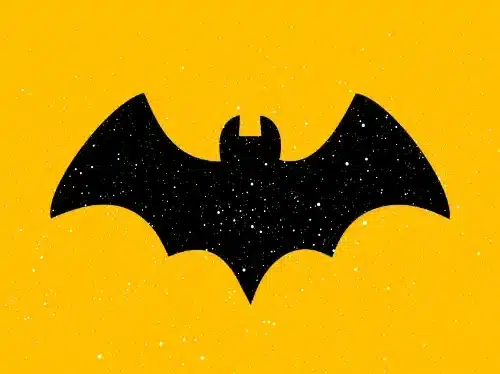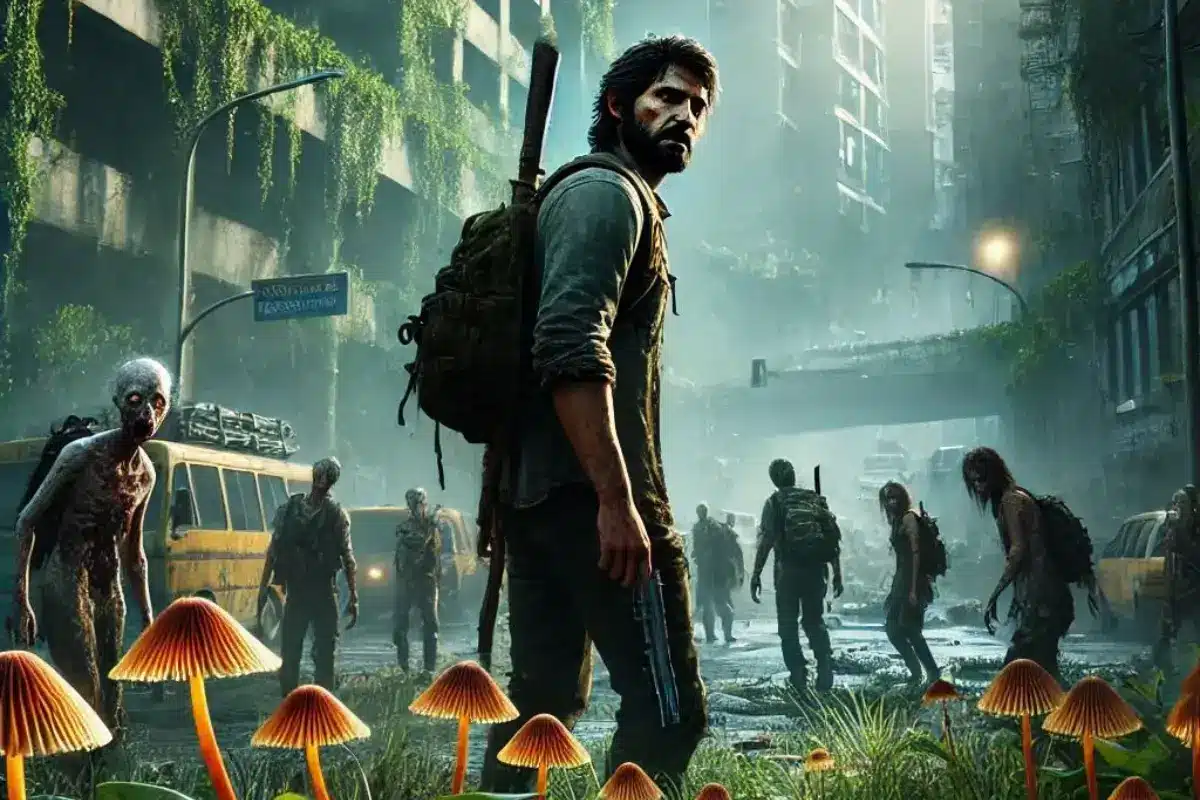The zombie apocalypse genre has long captivated audiences, and The Last of Us is a prime example of this fascination.
From its gripping narrative to its realistic portrayal of a post-apocalyptic world, The Last of Us asks intriguing questions about survival, human nature, and what happens when societal structures collapse.
But what if such a scenario were to unfold today, in our modern, technology-driven world?
This article explores how the zombie apocalypse depicted in The Last of Us might look different in today’s society, where advancements in technology and a globalized world could drastically alter the dynamics of survival and human interactions.
1. The Evolution of Zombies in Media
The concept of zombies has evolved significantly since George A. Romero’s seminal films like Night of the Living Dead.
The Last of Us introduces a new breed of zombies, called “clickers,” which are terrifyingly more aggressive and challenging to kill than traditional slow-moving zombies.
This evolution reflects a broader trend in zombie narratives, which have become more scientifically plausible and terrifying in recent years.
The modern zombie trope, as seen in The Last of Us, is driven by a contagious fungal infection, which makes it not only a horror story but a cautionary tale about pandemic disease and human adaptability.
2. How a Zombie Apocalypse Would Unfold Today
In a zombie apocalypse similar to The Last of Us, the speed at which the infection would spread would be exponentially faster due to our interconnected world.
Social media and smartphones would act as rapid spreaders of misinformation and fear, exacerbating panic.
Urban environments would become death traps, while rural areas might offer more safety but at the cost of resources and community support.
The accessibility of modern weapons and gear would influence survival strategies, but the real challenge would be dealing with the infection itself.
You may also like: The Strangest Facts About Space You’ve Never Heard.
3. Society’s Response to a Zombie Apocalypse Today
In today’s context, the government’s response to a zombie outbreak would likely mirror pandemic responses, like the ones seen during COVID-19.
Quarantine measures, martial law, and military interventions would be employed to contain the infection.
However, social media might hinder these efforts due to misinformation and panic-induced social unrest.
The Last of Us portrays factions like the Fireflies and military control, which would likely intensify in our era, adding another layer of survival issues.
The role of propaganda and psychological warfare could become central to the survival tactics used by different groups.
4. Challenges and Survival in a Zombie Apocalypse Today
Surviving in a modern zombie apocalypse would be a complex ordeal.
Scarcity of resources like food, water, and medical supplies would be immediate concerns.
The psychological toll of living in a world where death is around every corner would challenge survivors’ mental health.
The survival strategies from The Last of Us—like crafting, improvisation, and forming alliances—would still be relevant but more crucial due to the challenges posed by fast-moving zombies.
Access to vehicles and weapons would be advantageous, but their maintenance in a survival scenario would be crucial.
5. The Role of the Infected and Hostile Humans
The Last of Us introduces clickers, blind but deadly zombies that attack based on sound, which adds a unique layer of challenge to the survival experience.
In a modern context, new strains of infected could emerge, making the landscape even more terrifying.
The human threat—bandits, scavengers, and other factions—would be as dangerous as the zombies themselves, if not more so.
The Last of Us emphasizes the brutality of other survivors, making human interactions just as perilous as facing the infected.
The line between friend and foe would blur, making trust a valuable commodity.
6. Modern Adaptations for Survival
In a modern-day zombie apocalypse, survival tactics would need to be updated to incorporate advancements in technology.
The use of drones for reconnaissance, homemade traps, and renewable resources like solar panels could all be key survival tools.
Survival gear would evolve to include items like portable water filters, military-grade survival kits, and smart weapons.
DIY survival strategies would become essential, with the need to repair and maintain gear, weapons, and vehicles.
The Last of Us teaches the importance of adaptability, which would be even more critical in today’s world where convenience and technological dependency are the norm.
7. What The Last of Us Can Teach Us About Surviving a Zombie Apocalypse
The Last of Us offers more than just a terrifying view of a post-apocalyptic world.
It delves into the human condition—what makes us moral, what bonds us, and what drives us.
The game emphasizes the importance of connection, both with other survivors and within communities, as a source of hope and strength.
In a modern zombie apocalypse, these lessons are vital. Building trust, maintaining mental health, and understanding the importance of alliances would be essential survival skills.
The Last of Us shows us that surviving is about more than avoiding zombies; it’s about maintaining our humanity.
Conclusion
The zombie apocalypse of The Last of Us would look drastically different in today’s world, where technology and interconnected societies play a pivotal role.
While the core elements of survival, morality, and community remain unchanged, the challenges and strategies for dealing with a zombie outbreak would need to adapt to our modern context.
The questions raised by The Last of Us challenge us to think about our preparedness and the kind of world we live in today.
What would you do if faced with a zombie apocalypse?
Share your thoughts in the comments or on social media—who knows, maybe we missed some hidden gems in our discussion!
You may also like: The Strangest Facts About Space You’ve Never Heard.
Follow our social media to receive content as soon as it is released.👇

